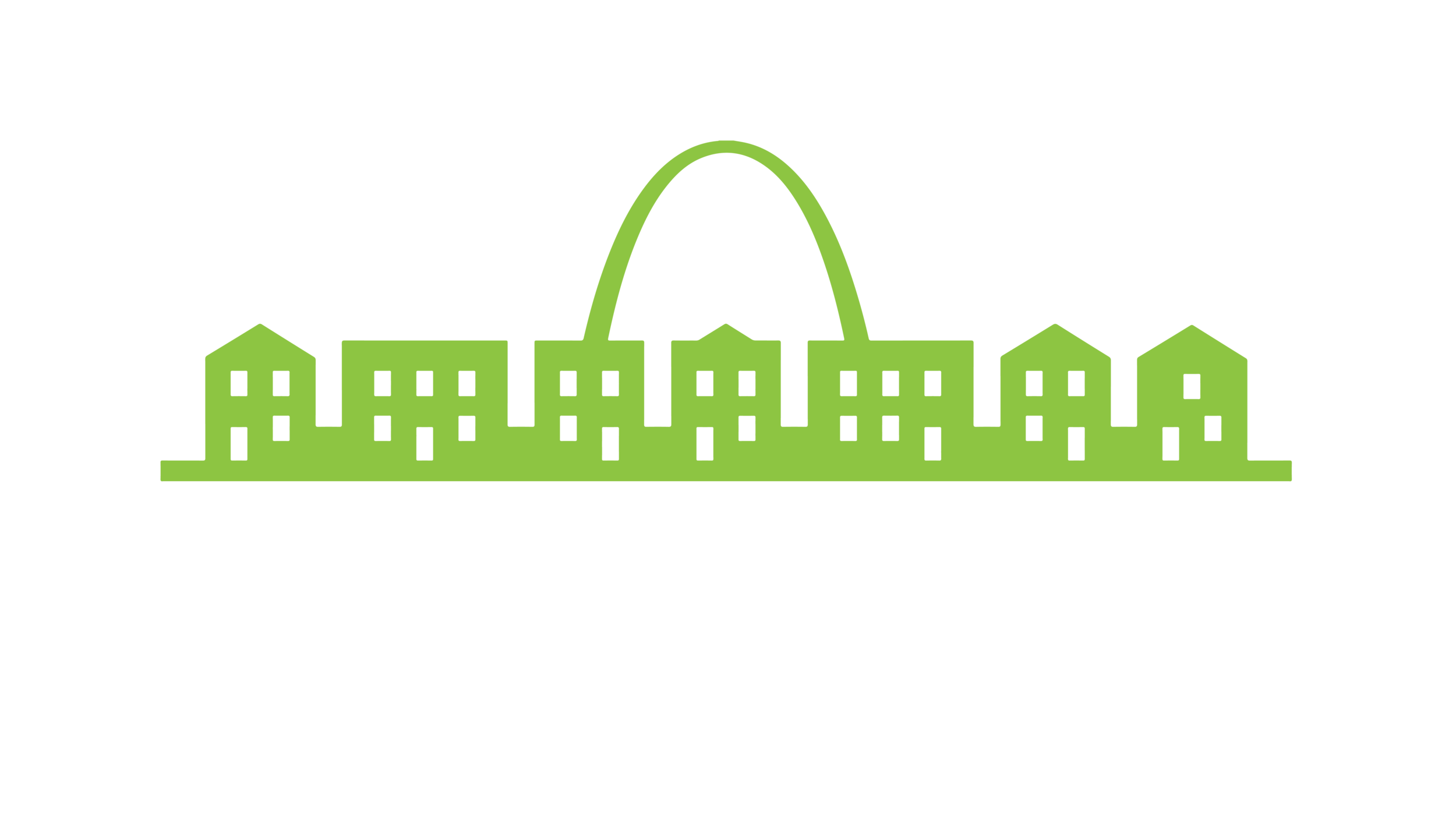The Importance of Language
Language impacts our entire lives. It’s how we express ourselves and it’s how we interact with the people around us. It’s how we build relationships and it’s how we navigate the world.
Most importantly, language impacts how we learn.
The way we’re spoken to and our opportunities to speak are incredibly important, especially at a young age: “Talk is powerful, but what’s even more powerful is engaging a child in meaningful interactions – the ‘give and take’ that is so important to the social, emotional, and cognitive development of infants and toddlers” (Dr. Jill Gilkerson, UCLA).
When parents are stressed or really busy – for example, working multiple jobs and long hours to ensure their children’s basic needs are being met – it can be difficult to take the time for those consistent, meaningful interactions. As a result, children are spoken to primarily in a directive way that consists of directions that do not require a response, as in “do your homework” or “don’t play with your food.”
Directive language creates one-sided conversations. If children continue to have less opportunities to use language, then children’s vocabulary becomes significantly smaller. It sets them on a path that becomes difficult to break.
“By age 3, children in poverty will have heard 30 million fewer words than wealthy peers.
That gap will continue to impact children in poverty, as a child’s performance at age 3 is indicative of measurements at age 9 & 10.”
(The Early Catastrophe: The 30 Million Word Gap by Age 3).
This lack of language will continue to impact a child’s entire life. One solution is more intentional time spent reading beyond what kids already receive in school.

